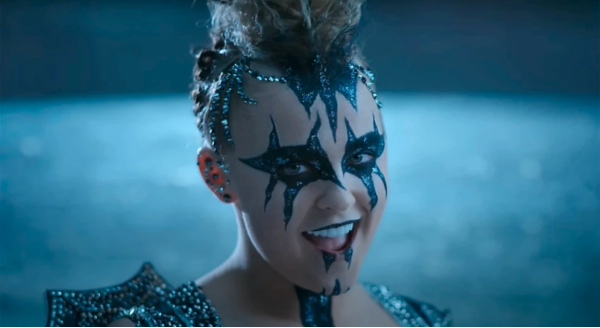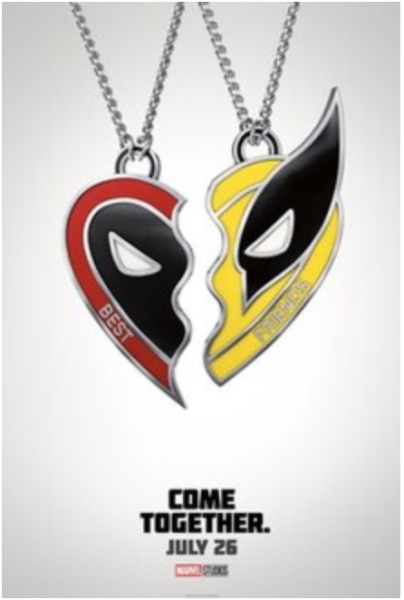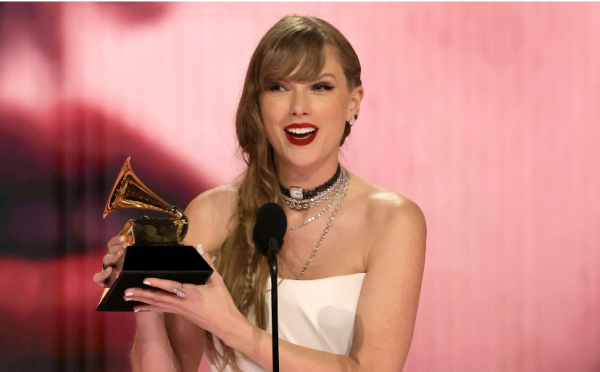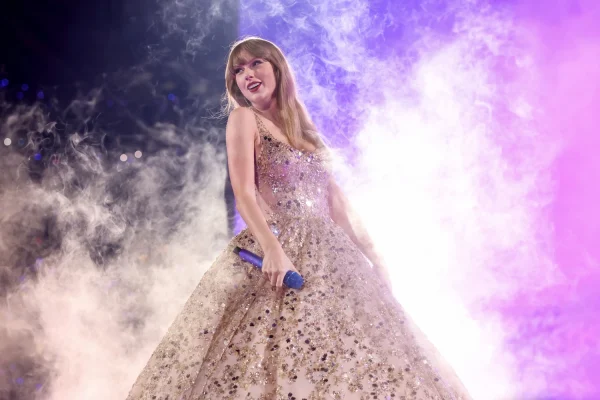Don’t Be Such a Twerk
The Sinead O’Connor-Miley Cyrus feud seems like old news, even though the latest (and fifth) “open letter” posting from O’Conner to Cyrus was just two weeks ago. In any case, if hindsight is 20/20, the singers’ public commentary on the music business, women’s bodies, and mental health deserves some reflection — if only for what the conversation says about how pop culture has evolved over the past twenty years.
First, here’s a recap. Cyrus’ “twerking” at the Video Music Awards caused much conversation and consternation in the press. In a September 27th interview with Rolling Stone, Cyrus cited Sinead O’Connor, the iconic and often controversial singer (whose heyday was in the early 90s), as the inspiration for her “Wrecking Ball” music video, stating, “It’s the opposite of the VMAs. It’s like the Sinead O’Connor video [for ‘Nothing Compares 2 U’], but, similar to the modern version. I wanted it to be tough but really pretty – that’s what Sinead did with her hair and everything.”
O’Connor, seemingly not pleased with the comparison to the sledgehammer-licking Cyrus, fired back with an “open letter,” published in the UK newspaper, The Guardian, advising the younger woman not to “let the music business make a prostitute of [her].” Now, if O’Connor truly wanted engage Cyrus in a serious dialogue, it’s doubtful that a public letter was the best route to take. Even so, Cyrus took the low road, escalating the dispute by re-tweeting O’Connor’s 2011 pleas for help when she was feeling suicidal. Cyrus also dragged fellow Disney alum Amanda Bynes into the mix with a tweet that included the image of O’Connor tearing up a picture of Pope John Paul II during an 1992 performance on Saturday Night Live (as a protest to sex abuse in the Roman Catholic Church). Cyrus apparently saw O’Connor’s SNL action as symptom of mental illness.
The feud continued. O’Connor wrote two additional “open letters” on Facebook, chastising Cyrus for making fun of mental health issues (and, thereby, adding to the stigma). O’Connor threatened legal action if the offending tweets were not removed and also posted a list of reading material on the Catholic sex scandal for Cyrus. The younger singer responded with more tweets that made fun of the length of the “open letters,” while promoting her own SNL appearance. “Sinead. I don’t have time to write you an open letter cause Im [sic] hosting & performing on SNL this week.” O’Connor also posted a fourth letter describing her bout with mental illness.
Then, Cyrus went on the Today Show and said that O’Connor was “kind of crazy” for writing to her in the first place. O’Connor again asked Cyrus to apologize to both her and Bynes in yet another “open letter,” saying that “In your country suicide is the second highest cause of death amongst 25-34 yr olds. A lot of these deaths would not take place if it were not the case that stigmatization and bullying and buffooning of those perceived mistakenly or otherwise to have mental health issues, especially when they seek help, creates silence and causes many not to seek help.”
By late October, O’Connor reported that Cyrus’ fans were sending her numerous “open letters” on a daily basis suggesting that she kill herself. The whole affair is a sad commentary on our cultural norms and the fine line between public outcry and bullying.
Yes, O’Connor’s motherly “advice” to Cyrus was uninvited and should not have been posted in a public forum. Indeed, nudity and feminism can coexist in the world of pop music and beyond. It all gets down to questions of self-agency and informed consent. Perhaps Cyrus is portraying an empowered sexuality, rather than just acting out.
Cyrus’ response to the situation has been incredibly immature, cavalier, and lacking in sensitivity. Mental illness is nothing to laugh at. Cyrus’ off-stage “performance” demonstrates she not only doesn’t care about what other people say, she doesn’t care about other people.
So, do public figures (especially those who have been role models for a generation of young girls) have a responsibility to represent a societal ideal of “womanhood,” or can they simply be themselves (however naked that might be)? Why is selling sex so lucrative for music business? Why can’t we look away — is all of this actually titillating or is it a train wreck? Since when do unkindness and disrespect (not to mention death threats) qualify as acceptable means of expressing a difference of opinion? My advice for each and every person involved in this mess: don’t be such a twerk.

Senior, Grace Tang, is excited to serve as Arts & Entertainment editor this year, after writing for the section since freshman year, and hopes to broaden...











